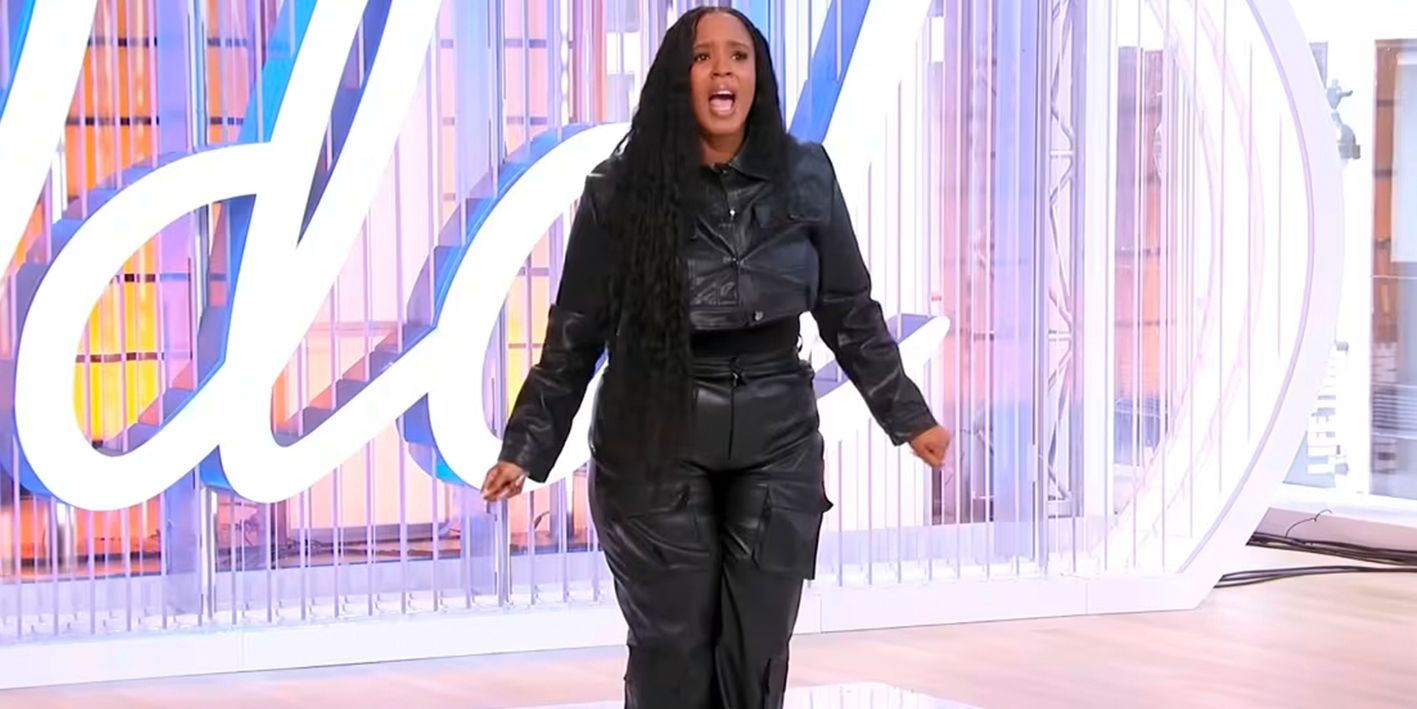‘American Idol’ Has Me Really Nervous With Its Country Music Direction

American Idol Season 23 premiered on March 9, 2025, with a brand-new judges panel. After Katy Perry bid farewell to the singing competition in February 2024, former American Idol winner and country singer Carrie Underwood stepped in as her replacement alongside Lionel Ritchie and Luke Bryan. Underwood won American Idol Season 4 back in 2005 with her powerful vocals and country charm. But there’s no denying that since then, the show has gone through an evolution.
Not only has the judge’s panel changed drastically over the years, but American Idol has also showcased the shift in musical trends. From pop to rock and R&B, the show has platformed diverse artists coming from all kinds of backgrounds. However, in the more recent seasons, fans can’t help but notice that country singers seem to be receiving most of the spotlight, while other genres take the backseat. Most of the finalists in the show are country singers. While one might argue that’s because the fans vote for their favorites, the overwhelming presence of country performers on the show is a little concerning.
The Judges Panel Will Inevitably Have a Country Music Bias
What made the earlier seasons of American Idol so special was the show’s incredible range of judges. From Simon Cowell’s harsh criticism to Paula Abdul’s sharp eye for good performers and Randy Jackson’s expertise in music production, the panel was designed to offer holistic advice and mentorship to budding musicians. This balance created an environment where all genres could thrive and all singers had equal opportunities to showcase their talent. But once the original judges started leaving, the show eventually replaced them with singers who were, of course, extremely talented in the field. However, they obviously brought a more genre-specific perspective to the panel.

Related
“It was like I’d heard it for the first time.”
As the show airs its 23rd Season, the biggest problem is that two out of the three judges are country singers. Of course, Underwood and Bryan are extremely successful artists, but their musical backgrounds limit the kind of critique they can offer the contestants. There’s little to no room for cross-genre feedback in the show at this point because Ritchie’s opinion is bound to be outweighed by his two fellow judges. Even if Underwood and Bryan don’t intend on doing so, their inherent expertise and bias toward their own genre can completely skew the show’s direction.
Underwood Might Not Have Been the Right Replacement for Perry
Before Underwood joined the show, Perry was part of the judges’ panel alongside Ritchie and Bryan for seven seasons. While the “Firework” singer is firmly rooted in pop music, she is known for incorporating other genres such as rock, country, and even some R&B into her work. This flexibility allowed Perry to still bring a fresh perspective to the panel, which distinguished her from the other two judges. However, with Underwood, who is one of the country’s biggest country music legends, the balance has shifted and created a distinct country bias. The “Before He Cheats” singer is a country artist through and through, and hasn’t really been as experimental with her music as Perry. With two judges coming from extremely similar backgrounds, it’s questionable if the show can truly offer the same level of support to all kinds of contestants.
The Contestants Are Not Staying True to Themselves
Not only does this country music-saturated approach alienate audiences who once loved the show for its wide range of musical talent, but it also pressures contestants to stick to a formula. For example, in American Idol Season 20, the top five contestants traveled to Las Vegas to be mentored by Underwood. This would have made for a great watch, especially since the country singer definitely had valuable advice to offer the contestants from her own experience on the show. However, in a move that can’t be termed as anything but extremely unfair, the top 5 contestants then had to perform Underwood’s songs in front of the judges.
This obviously put the country singers at an advantage while singers from other genres had to push themselves beyond their comfort zones and vocal ranges. The message that the show sent in this situation was clear: the contestants had to conform to a style that they had no experience with or interest in. Ultimately, they were sidelined if they couldn’t perform country music well.
As biased as this approach is, it also eats into the entertainment value of the show. Fans can often guess which contestants will make it through to the final round based on the genres that they choose to perform, rather than merit. There’s no element of surprise in American Idol anymore because more often than not, country music singers overshadow other deserving artists. And if this continues to be the case in Season 23, the show is probably better off renaming itself to Country Idol.

- Release Date
-
June 11, 2002
- Network
-
ABC
- Showrunner
-
Nigel Lythgoe
- Directors
-
Ken Warwick
- Franchise(s)
-
American Idol









